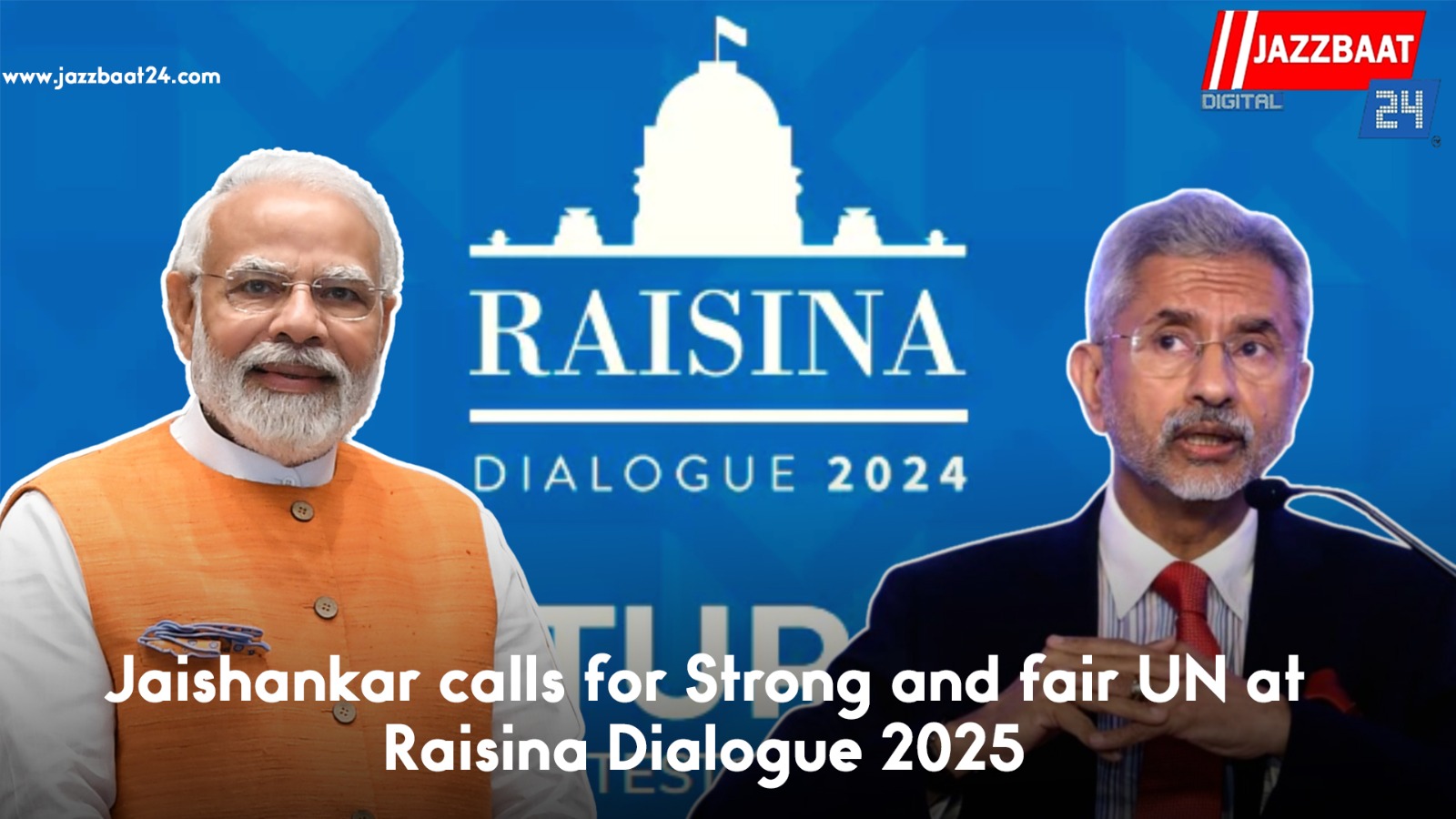External Affairs Minister S. Jaishankar, while speaking at the Raisina Dialogue on March 18, emphasized that there must be a world order as close to the organization of a domestic one as possible, with mechanisms and rules so that stability is maintained. He believed that stability is in the interest of every nation, whether big or small, since disorder is only useful for those who are willing to upset the apple cart.
He observed that even the smaller nations in the region surrounding India have taken advantage of global disorder.
Jaishankar condemned the United Nations for its handling of the Kashmir issue and referred to the Pakistani occupation of Kashmir as the "longest standing illegal occupation" after World War II.
He criticized the way the UN transformed what was a naked invasion into a "dispute" and equated the aggressor and the victim. He was perturbed at the role of countries like the UK, USA, Canada, and Belgium in this and was irked at the failure of the international community to settle the issue in a just manner.
Discussing common problems, Jaishankar spoke of the variation of global reactions to major global challenges. He mentioned the example of the Taliban, who had initially been welcomed in Doha and Oslo peace negotiations only to be later denounced after their activities did not fit the agenda of the West.
Jaishankar spoke of the manner in which whenever it was convenient for some powers, the Taliban were described as true negotiators but whenever their activities strayed from what was expected, they were branded as extremists.
Jaishankar ended by urging a stronger and more equitable United Nations that is guided by fundamental principles of fairness and consistency.
He contended that the balance of world power has changed in the past decades, and the international order must be adjusted to this fact. A more realistic reading of the past 80 years, he felt, is required to build a new world order that is fair and responsive to the contemporary geopolitical reality.


fullimage.jpg)



